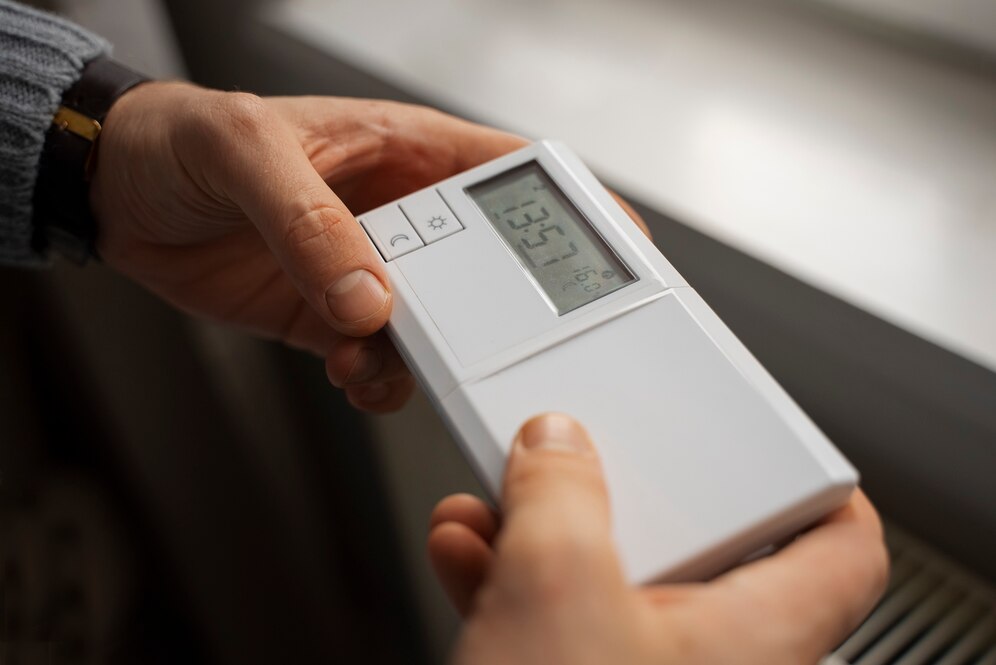If you’re considering upgrading your home heating system, you’ll likely encounter alternatives to traditional gas-fired furnaces. While newer Energy Star models boast impressive efficiency, it’s crucial to familiarize yourself with the basics of emerging technologies in the market.
Absorption Systems
Absorption heating systems harness various energy sources like geothermal, solar, or the most prevalent, natural gas. They operate similarly to conventional heat pumps but are powered by a natural gas burner instead of electricity, using a water-ammonia solution instead of a refrigerant.
Active Solar
Utilizing the sun’s abundant energy, active solar systems incorporate solar cells installed on rooftops, converting sunlight directly into electricity. This electricity can then be used for heating, cooling, and lighting homes.
Biodiesel
Once limited to vehicles, a new form of biodiesel blends up to 20 percent biofuel with heating oil for use in oil furnaces. Its appeal lies in being a renewable, clean-burning fuel.
Biomass
While wood is the most common biomass, other organic materials from trees and plants can also be converted into heat energy. Biomass is attractive due to its sustainability, cost-effectiveness compared to traditional fuels, and reduced carbon emissions.
Geothermal
Operating through a ground-based system, geothermal heat pumps collect the earth’s natural thermal energy via a loop of pipes buried underground. This energy is transferred to homes through a heat exchanger and compressor, distributing heat through ductwork. In summer, the process is reversed to remove excess heat from homes.
Green Coal
Contrary to expectations, scientists have developed a method to utilize carbon from coal to remove oxygen from water, producing clean-burning hydrogen gas for fuel. This gas powers turbines to generate electricity, with emissions sequestered underground and other pollutants converted into burnable solids.
Hydronic Heating
While radiators were once synonymous with old homes, modern hydronic heating systems are making a comeback. These systems boil water or antifreeze, which is then pumped through plastic tubing into a heat exchanger, providing efficient heating.
Ice-Powered Air Conditioners
This innovative system converts water into ice, which is used to cool air for air conditioning purposes.
Passive Solar
Using a home’s architecture to collect, store, and release solar energy, passive solar systems utilize windows, walls, and floors. While less expensive than active solar systems, they may require additional mechanical equipment for optimal temperature regulation.
Wind Power
Harnessing wind energy doesn’t require large windmills; instead, small turbine-generated water heaters can be installed in windy areas to generate heat.
These heating system technologies, whether used individually or in combination, offer promising potential for reducing energy costs.
At Experts In Your Home, we believe in keeping you informed about available technologies while specializing in installing Heating, Ventilation, and Air Conditioning (HVAC) systems. Don’t hesitate to reach out for expert heating and air conditioning services when needed.

